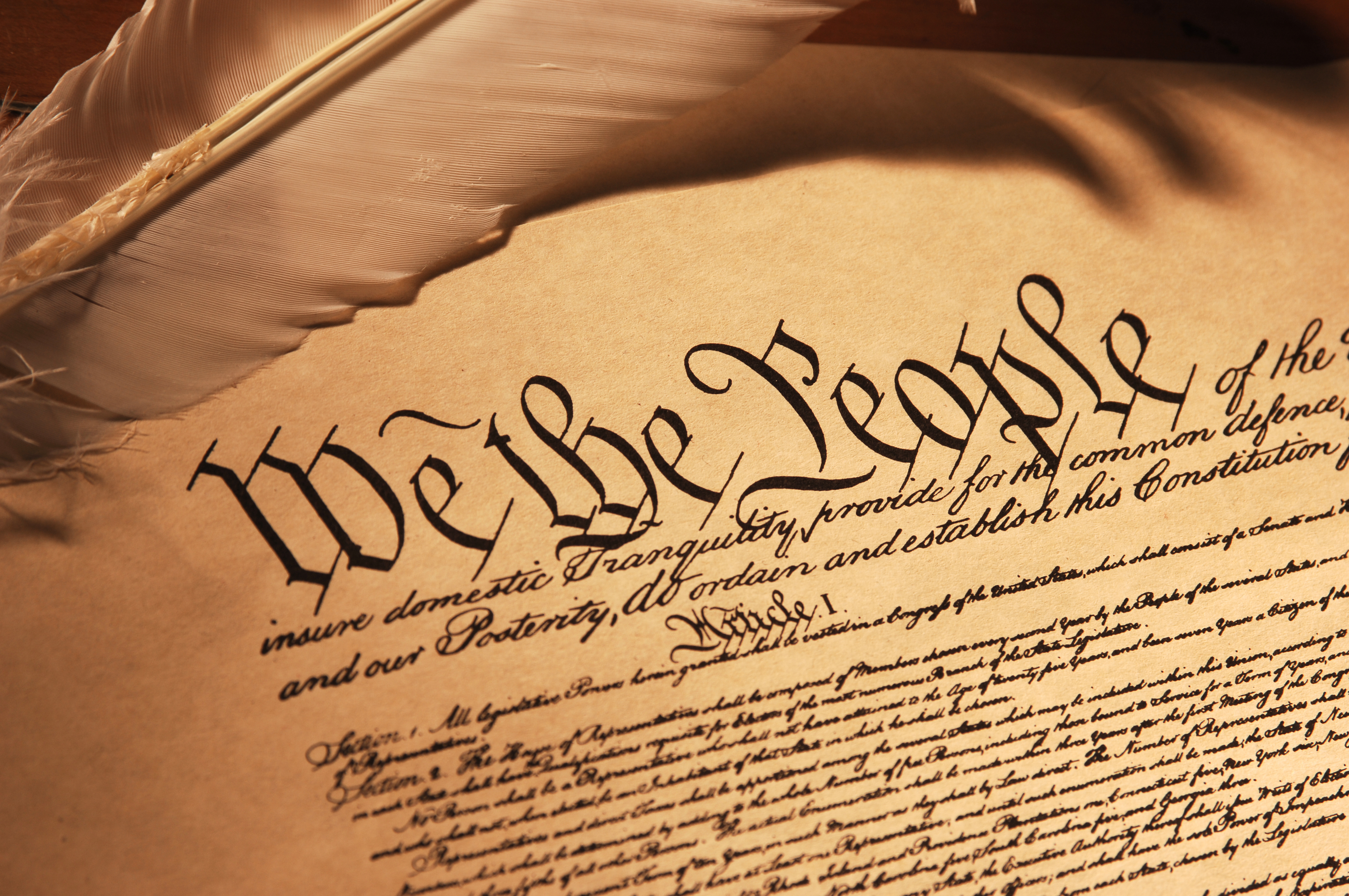The Electoral College, the military draft and the First Amendment – with the increasingly polemic state of our political environment, the parties are looking for new ways to get to their political goals. One recent dimension of this is the parties’ efforts to overcome constitutional precedent that may be in the way.
Adverse Precedent – Military Draft
One way citizens and politicians try to deal with adverse precedent is to go to the courts and seek a reversal. We addressed two examples of the Supreme Court reversing long-standing precedent in a recent article. Perhaps taking up the Supreme Court’s invitation to reexamine constitutional precedent, lower courts are issuing decisions at odds with previous precedent. For example, in National Coalition for Men v. Selective Service System, a federal district court in Texas recently ruled that the male-only draft and draft registration was unconstitutional as denying equal protection of the law to men. This despite the fact that in Rostker v. Goldberg, (1981), the Supreme Court had ruled that the male-only draft was permissible under the Constitution. The Texas court reasoned that because now women are allowed to serve in combat, but were not allowed to do so in 1981, the previous Supreme Court decision should not be followed.
Legislative Process – The Electoral College
Secondly, politicians look to the legislative process to pass laws to circumvent constitutional provisions or judicial decisions. For example, several states have passed laws designed to abolish the Electoral College and elect Presidents according to the popular vote, which is to take effect if and only if states representing a majority of the electoral votes pass similar laws. The states doing so rely on a Constitutional provision which says that electors to the Electoral College are to be appointed “in such Manner as the Legislature thereof may direct….” The legislatures’ argument is therefore that if they choose to appoint electors according to the popular vote they may do so. In our opinion, the argument is suspect in that it “proves too much.” In other words, if the provision truly allowed legislatures to assign electors to whoever they want, they could do according to criteria totally unrelated to election results, such as awarding the victory to a specific candidate, or the youngest candidate, or a candidate of a particular gender. Rather, it appears that the states would be required to award the electors according to the vote of the people in that state, particularly since the Constitution also requires all states to provide a “republican form of government.”
Direct Effort – The First Amendment
Finally, people unhappy with constitutional provisions or precedent sometimes resort to a direct effort to amend the Constitution. These campaigns are rare because of the difficulty associated with amending the Constitution. A current effort that has the backing of some politicians is the Udall Amendment, which proposes to modify the protections of the First Amendment to make free speech rights inapplicable to spending in support of or in opposition to political candidates. There are numerous problems with the proposal, not the least of which is that it would essentially prohibit all media from saying anything critical of or in support of anyone running for office, including in TV shows, movies, news broadcasts, etc. Some have suggested an alternative version which makes an exception for “media,” but this only raises the problem of having to decide on a case-by-case basis who qualifies as “media.”
In Summary
The current adversarial political climate has its costs, but we should hope that interference with our constitutional rights would be off the table.
For more information on recent constitutional issues, check out our Sam the Answer podcast.
 Sam Ventola has a wide variety of experience in litigation, legal education, and mediation. When he is not studying the Constitution, he enjoys volunteering in his community and spending time with his family, especially his grandson, Jack.
Sam Ventola has a wide variety of experience in litigation, legal education, and mediation. When he is not studying the Constitution, he enjoys volunteering in his community and spending time with his family, especially his grandson, Jack.
Ventola Law serves the Denver Metro area including Arvada, Aurora, Boulder, Brighton, Commerce City, Castle Rock, Golden, Lakewood, Littleton and Arapahoe, Adams, Douglas and Jefferson Counties.

